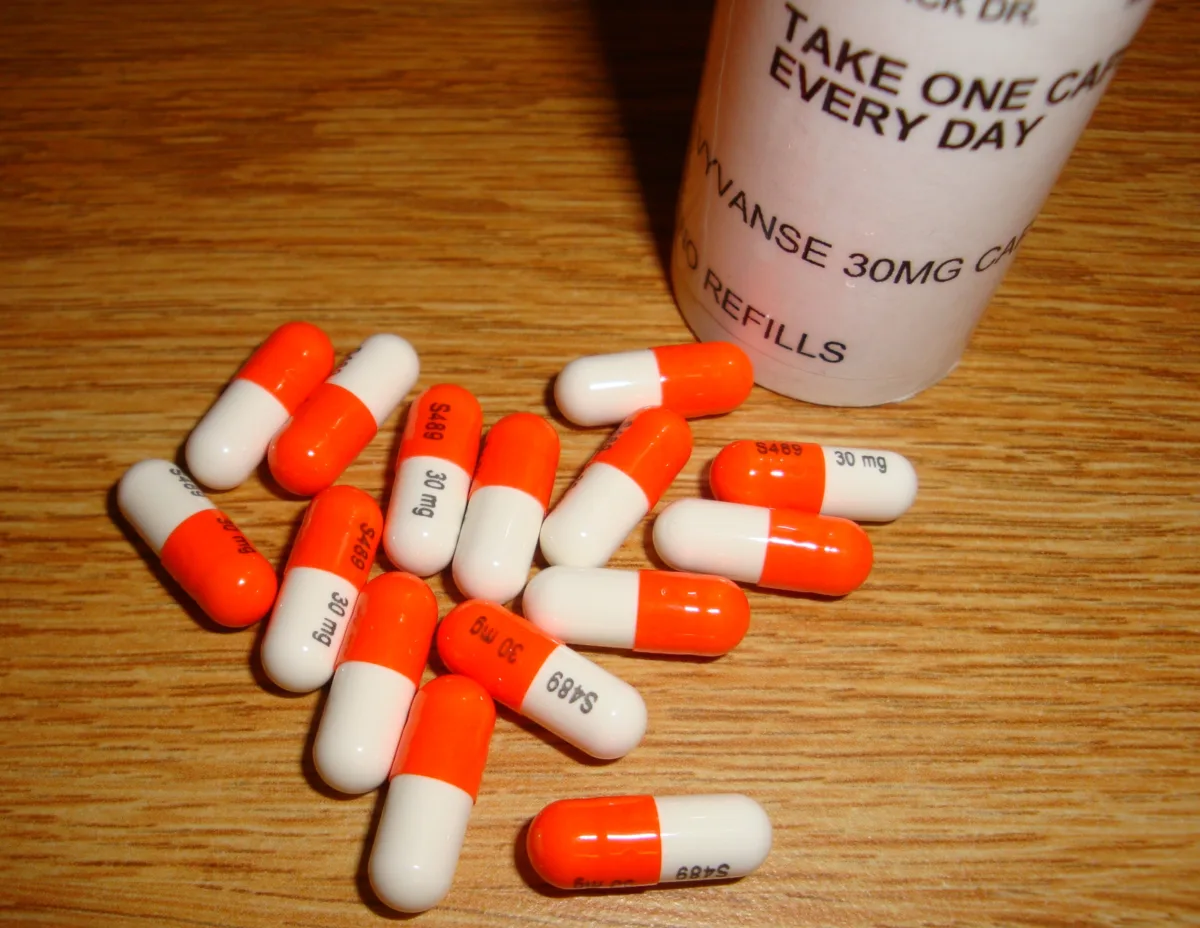
Thousands of People in Prison Have ADHD. Why Aren’t They Receiving Treatment?
As many as half of all prisoners have ADHD. Research suggests treatment can help reduce recidivism and ease the reentry process.

As many as half of all prisoners have ADHD. Research suggests treatment can help reduce recidivism and ease the reentry process.
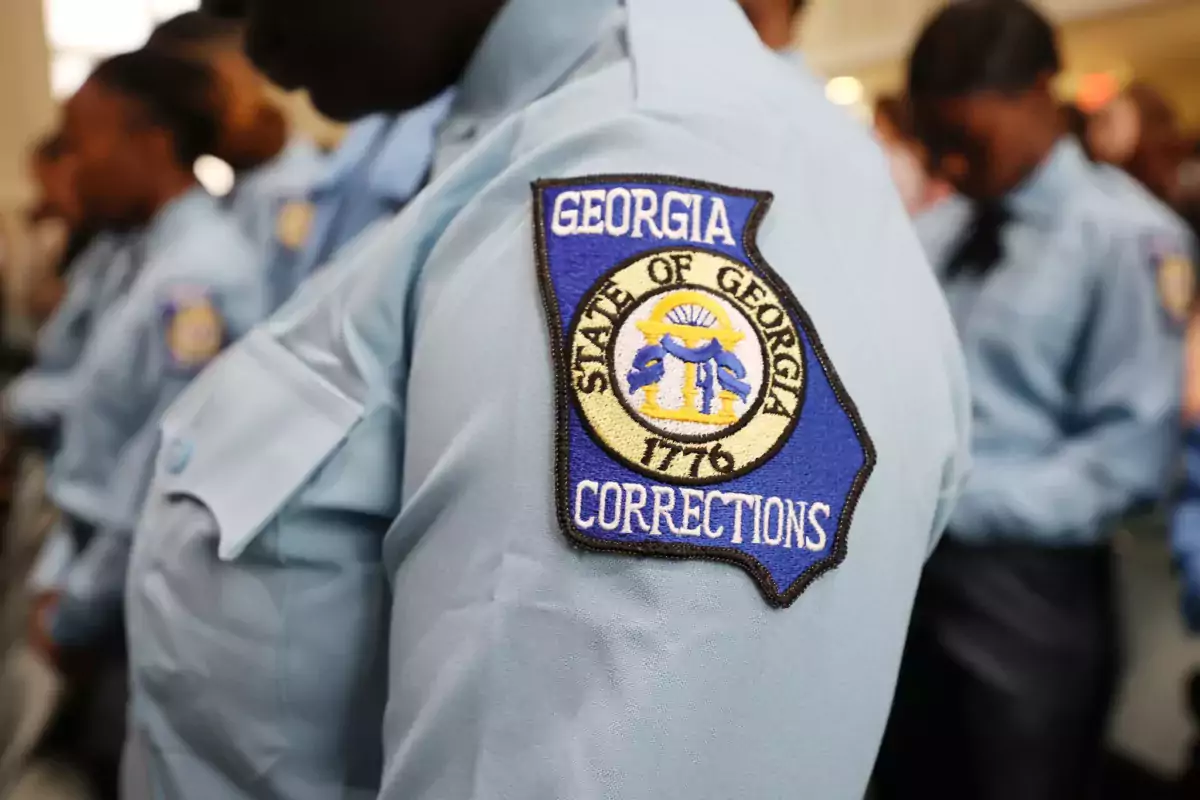
A woman incarcerated in Georgia since 1992 says she has endured significant abuse, including forcefully having her head shaved, abrupt stops to her hormone therapy, and sexual assault. She has repeatedly attempted suicide and has been in solitary since 2019.
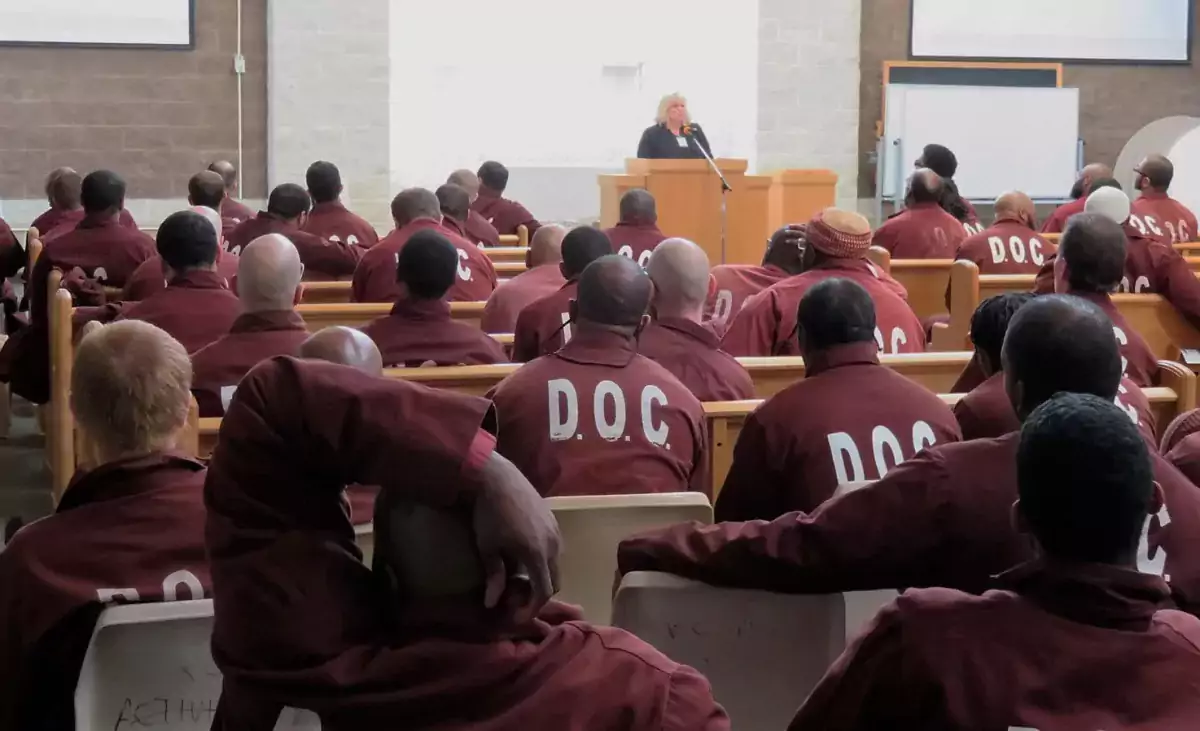
Within months of entering the Security Threat Group Management Unit at SCI Fayette, one man says he smeared, “Kill me, I’m ready to go,” on the cell in his own blood.
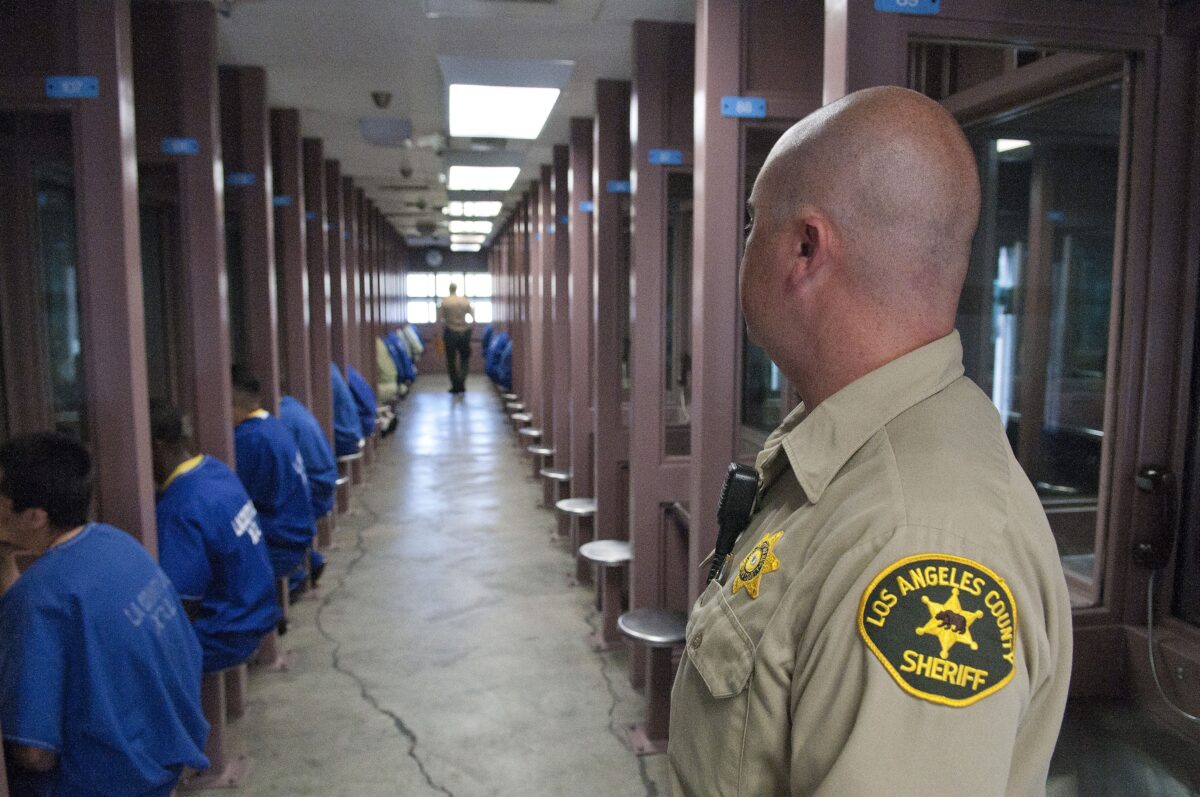
Los Angeles County is imprisoning more people with mental illness than it did a decade ago—but is failing to provide them with basic treatment. The U.S. Department of Justice says the county jail system is decrepit, dangerous, and unfit to house anyone—let alone people with mental illness.
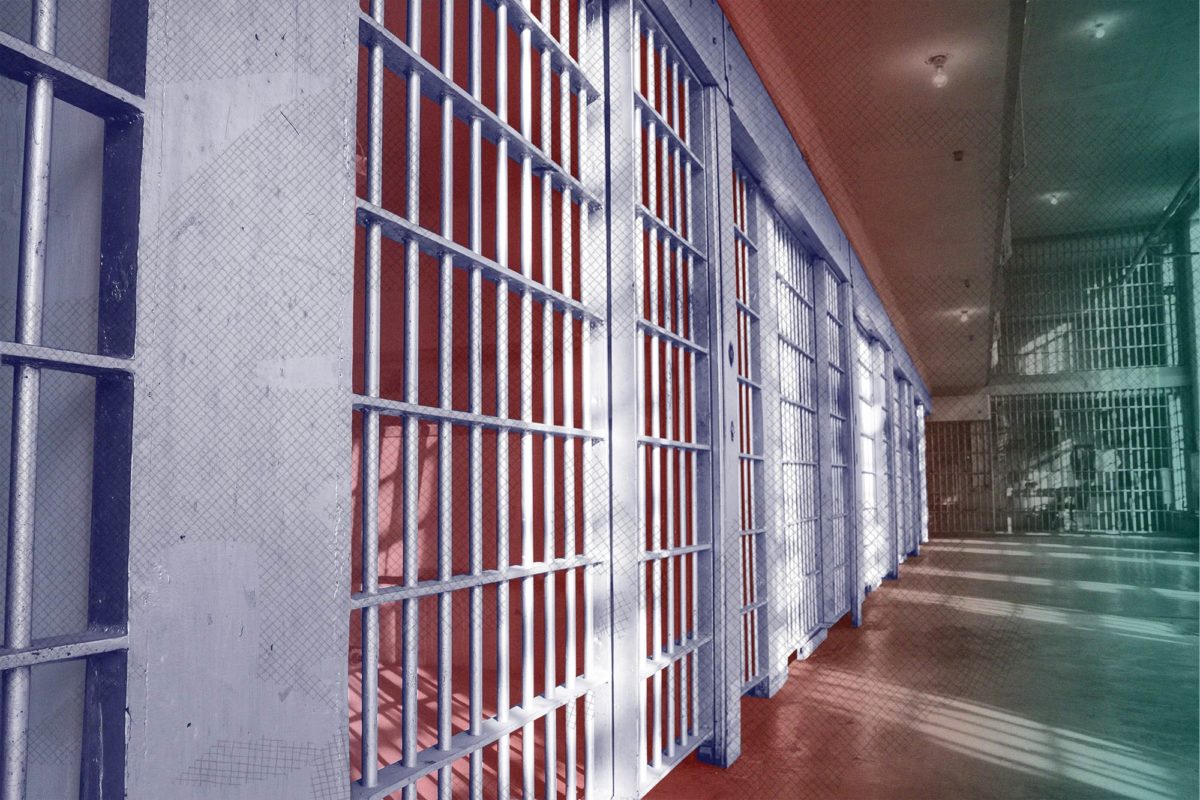
The suit is the latest of at least three complaints filed against the Portage County Jail this year.
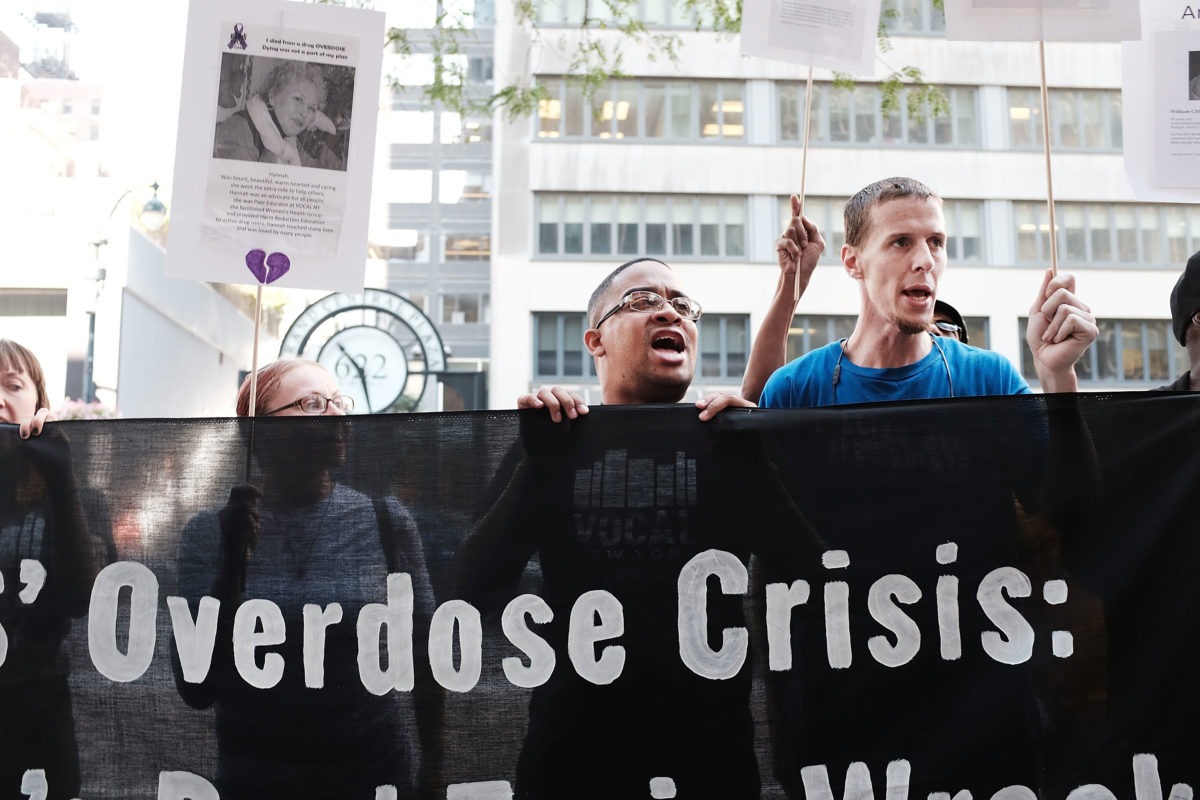
Federal policy denies incarcerated people Medicaid coverage, making re-entry a time of heightened health risks. Tracie Gardner of the Legal Action Center explains New York State’s effort to “break the cycle of justice-involvement, poor health, economic instability, and recidivism that plagues individuals and families throughout New York.”

Jeffrey Epstein’s apparent death by suicide highlights the problems of adequate mental health care and monitoring in jails nationwide.

Black Lives Matter and other advocates have pushed county officials to abandon the $2.2 billion project with McCarthy Builders.

Women with mental illness are left in isolation and filth, and often placed in solitary confinement, according to a suit against the Fulton County sheriff.